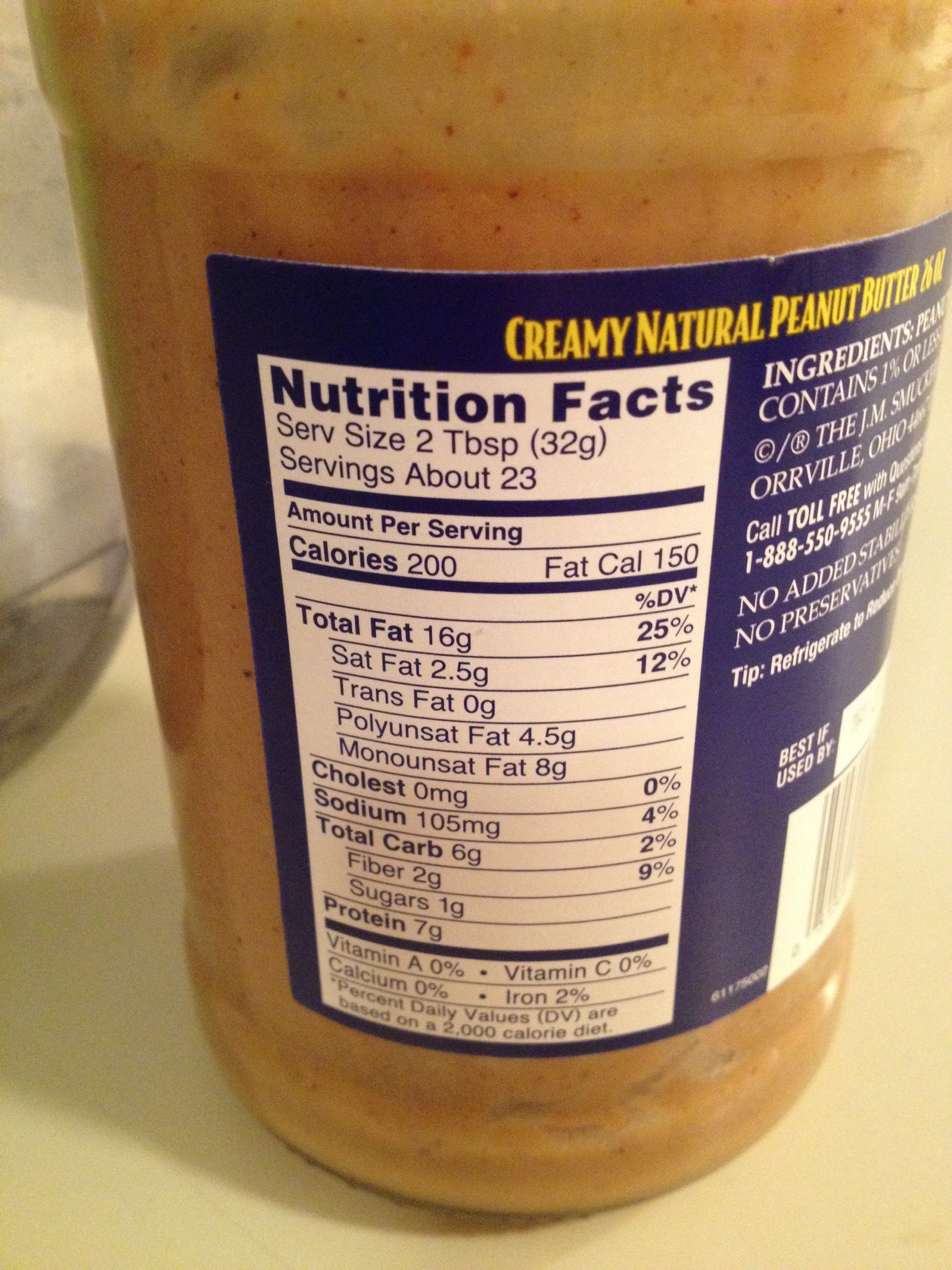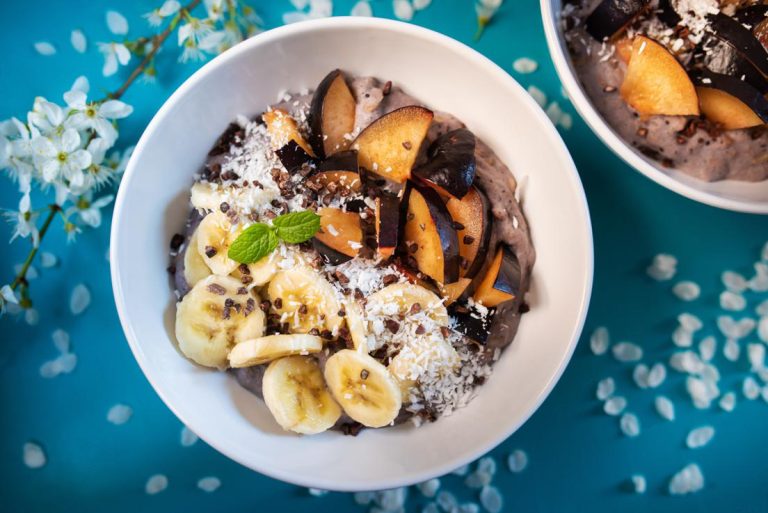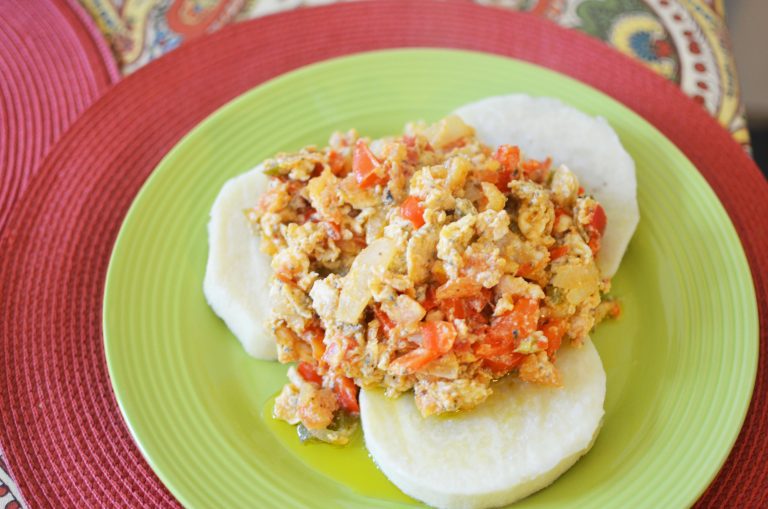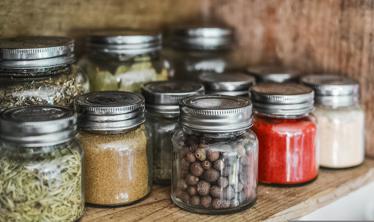Peanut Butter Calories
Peanut Butter Calories: Exploring the Nutritional Content of Everyone’s Favorite Spread
Peanut butter is a beloved pantry staple for many people. It’s creamy, nutty, and oh-so-delicious. But if you’re watching your calorie intake, you may be wondering just how many calories are in peanut butter. In this article, we will dive into the world of peanut butter calories and explore the nutritional content of this versatile spread.**
Peanut butter is made from ground peanuts, which are naturally high in healthy fats, protein, and fiber. However, it’s important to be mindful of portion sizes, as peanut butter can also be calorie-dense. Let’s break it down and see just how many calories are in this popular spread.
Peanut Butter: A Nutritional Powerhouse
Peanut butter is not only delicious but also packed with essential nutrients that can benefit your overall health. Here are some key nutritional components found in peanut butter:
1. Healthy Fats: Peanut butter is a great source of monounsaturated fats, which have been linked to improved heart health and decreased risk of chronic diseases.
2. Protein: Peanut butter is rich in protein, making it a satisfying choice that can help you feel full and satisfied for longer.
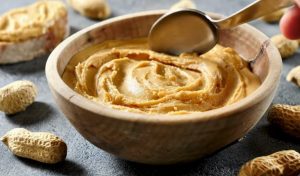
3. Fiber: With around 2 grams of fiber per serving, peanut butter can contribute to your daily fiber intake, which is important for a healthy digestive system.
4. Vitamins and Minerals: Peanut butter also provides essential vitamins and minerals such as vitamin E, magnesium, and potassium.
While peanut butter boasts an impressive nutritional profile, it’s important to keep an eye on the calorie content, especially if you’re trying to manage your weight or have specific dietary goals.
How Many Calories Are in Peanut Butter?
The exact number of calories in peanut butter can vary depending on the brand and type. However, as a general guideline, here’s an overview of the calorie content in popular forms of peanut butter:
1. Traditional Peanut Butter: Two tablespoons of traditional peanut butter, which is made from just peanuts and salt, contain about 180-200 calories.
2. Reduced-Fat Peanut Butter: Reduced-fat peanut butter, which typically has added oils or ingredients to reduce the fat content, can have around 150-160 calories per two tablespoons.
3. Natural Peanut Butter: Natural peanut butter is made with only peanuts and doesn’t contain added oils or sugars. It usually contains a similar calorie content to traditional peanut butter, averaging around 180-200 calories per two tablespoons.
4. Powdered Peanut Butter: Powdered peanut butter has become increasingly popular for its lower calorie content. Two tablespoons of reconstituted powdered peanut butter typically have around 45-60 calories.
It’s worth noting that these calorie counts are approximate and can vary depending on the specific brand and serving size.
How to Incorporate Peanut Butter into a Balanced Diet
While peanut butter can be calorie-dense, it can still be a part of a healthy and balanced diet. Here are some tips to enjoy peanut butter while managing your calorie intake:
1. Watch Your Portion Sizes: Stick to the recommended serving size of two tablespoons. Use measuring spoons to ensure you’re not unintentionally consuming more calories.
2. Pair It with Balanced Foods: Peanut butter can be a great addition to a balanced meal or snack. Pair it with whole-grain bread, fruits, or vegetables to create a well-rounded nourishing option.
3. Opt for Natural and Reduced-Fat Options: Natural peanut butter and reduced-fat varieties can be lower in calories than traditional options. Read labels and look for those with minimal added sugars or oils.
4. Consider Powdered Peanut Butter: If you’re looking to reduce the calorie content even further, powdered peanut butter offers a lighter alternative. Mix it with water to create a creamy spread or use it as a flavor enhancer in smoothies or baked goods.
Remember, one of the key factors when it comes to managing calories is overall balance. Peanut butter can be a nutritious addition to a varied and portion-controlled diet.
Frequently Asked Questions
1: Can I eat peanut butter every day and still lose weight?
Yes, you can include peanut butter in your daily diet and still lose weight. However, it’s essential to be mindful of your overall calorie intake and portion sizes. Incorporating peanut butter into a balanced meal plan and tracking your calories can help you achieve weight loss goals.
2: Is peanut butter a healthy snack?
Peanut butter can be a healthy snack option when consumed in moderation. Its high protein and healthy fat content can help keep you full and satisfied. Pair it with fruits, vegetables, or whole-grain crackers to create a nutritious and filling snack.
3: Is all-natural peanut butter better than regular peanut butter?
All-natural peanut butter, made with just peanuts and possibly a little salt, tends to be a healthier choice than regular peanut butter that may contain added sugars, oils, or preservatives. All-natural peanut butter offers a more natural and unprocessed option, but it’s still important to watch portion sizes due to its calorie density.
Final Thoughts
Peanut butter is a delicious and versatile spread that can be enjoyed as part of a healthy diet. While it does contain calories, its rich nutritional profile makes it worth considering. By being mindful of portion sizes and incorporating peanut butter into a balanced meal plan, you can enjoy its benefits while still managing your calorie intake. So go ahead, grab a jar of peanut butter, and savor its creamy goodness in a way that fits your dietary goals.

